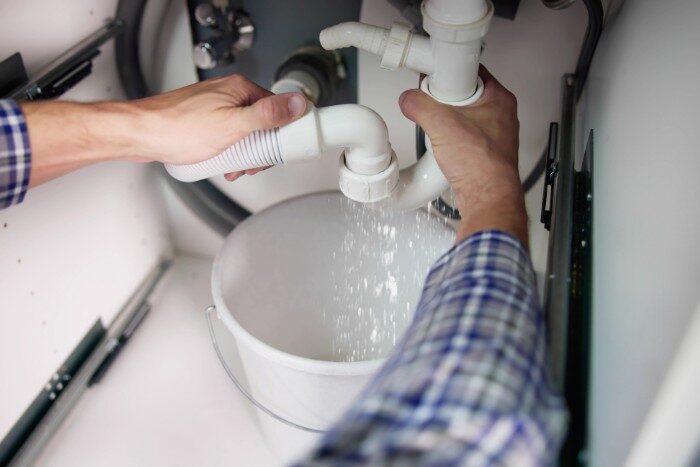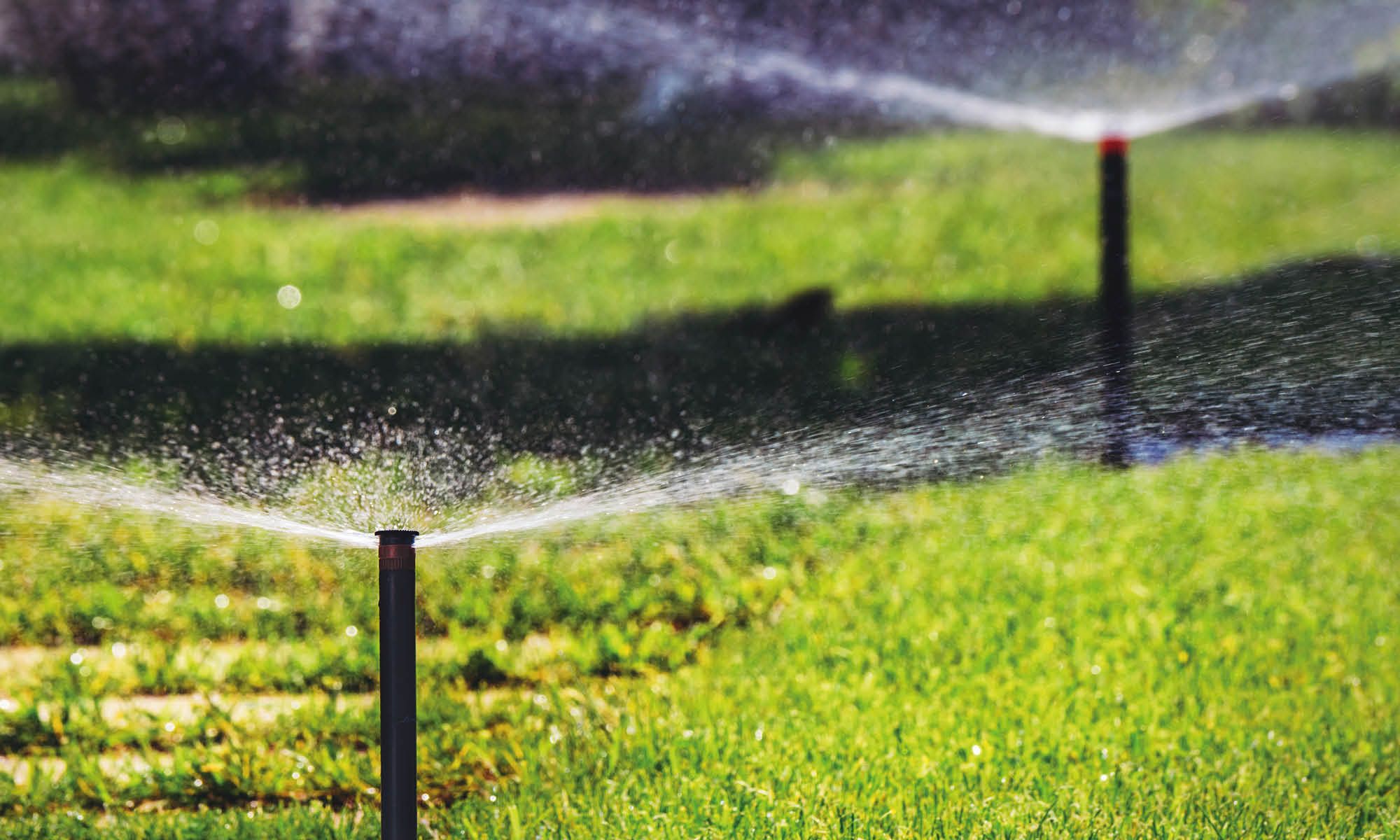
Best Practices in Water Management: A Tech Professional's Guide
Share
In today's world, where technology is central to tackling pressing global issues, adopting best practices in water management has become more crucial than ever. For tech professionals and enthusiasts, grasping and applying innovative methods for effective water resource management can not only promote sustainability but also propel technological advancements within this vital field.
The urgency for efficient water management is escalating. Factors such as climate change, population surges, and urban expansion intensify the strain on our water supplies. In this scenario, technology-driven strategies and solutions emerge as a promising path to conserving and optimizing water usage. This article delves into the state-of-the-art practices that technology professionals can embrace to transform water management.

Integrating Smart Technology in Water Management
A primary best practice in water management involves embracing smart technology. Smart water management systems deploy sensors, IoT devices, and data analytics to dynamically oversee and manage water resources. These systems allow for real-time monitoring of water usage, leakage detection, and quality assessment, which can notably diminish water waste.
For example, municipalities can implement smart metering to analyze water consumption trends and pinpoint areas with excessive usage. By interpreting this data, tech experts can craft targeted strategies to promote water conservation among users.
Data-Driven Decision Making
Data analytics is revolutionizing the management of water resources. By harnessing big data, tech professionals can uncover insights about water consumption patterns, predict demand, and streamline supply chains. This data-centric methodology is vital for making enlightened decisions aimed at sustainable water use.
In addition, predictive analytics can help forecast water shortages and prepare for emergencies. By using sophisticated algorithms, water management agencies can simulate various scenarios and devise strategic plans to address potential challenges.
Innovative Water Conservation Techniques
Introducing innovative water conservation practices is another key component of best practices in water management. Approaches like rainwater harvesting, greywater recycling, and the use of drought-resistant crops are becoming increasingly popular among tech-savvy professionals.
Rainwater harvesting captures and stores rainwater for future use. This technique is especially beneficial in areas with irregular rainfall. By utilizing advanced filtration and storage technologies, tech professionals can enhance the efficiency of rainwater collection systems.
Additionally, greywater recycling focuses on purifying and reusing wastewater from household activities like laundry and bathing. By installing cutting-edge recycling systems, both households and industries can markedly cut down on their freshwater usage.
Utilizing Drought-Resistant Crops
Agriculture consumes a substantial amount of water resources, so incorporating drought-resistant crops can significantly aid in water conservation. Within the agricultural sector, tech experts are exploring genetically modified crops that require less water and display greater resilience to climate fluctuations.
By including these crops in farming practices, the agricultural industry can lower its water footprint and contribute to sustainable water management.
Collaborative Efforts and Policy Advocacy
Tech professionals have a unique opportunity to champion policies that foster best practices in water management. By partnering with government bodies, NGOs, and other key stakeholders, they can initiate policy reforms that support sustainable water usage.
Engagement in forums and conferences centered on water management also allows tech professionals to stay abreast of emerging trends and technologies. These venues create valuable opportunities for idea exchange, knowledge sharing, and collaboration on projects targeting water management challenges.
Community Engagement and Education
Raising awareness regarding the significance of water conservation is essential for nurturing a sustainability-focused culture. Tech professionals can leverage digital platforms to instruct communities on water-saving techniques and the advantages of sustainable practices.
By producing engaging content and interactive tools, tech enthusiasts can motivate individuals to take proactive steps toward conservation. For example, mobile applications that gamify water-saving actions can encourage users to adopt eco-friendly habits. Additionally, you can check out bathroom saving tips for practical advice on conserving water.
Conclusion
For technology professionals and enthusiasts, embracing best practices in water management presents not only a responsibility but also a chance to drive innovation and sustainability. By integrating smart technologies, leveraging data analytics, and advocating for vital policy changes, the tech community can significantly influence water conservation efforts.
For additional guidance and actionable tips on saving water, you may want to explore water reuse techniques and check out resources like 25 ways to save water.

FAQs
What are smart water management systems?
Smart water management systems employ technologies such as sensors and data analytics for real-time monitoring and management of water resources, thereby reducing waste and enhancing efficiency.
How can tech professionals contribute to water conservation?
Tech professionals can make a difference by creating innovative solutions, advocating for policy enhancements, and educating communities on sustainable water practices.
What is the role of data analytics in water management?
Data analytics plays a key role in understanding consumption trends, predicting demand, and optimizing supply, fostering informed decision-making for sustainable management.
